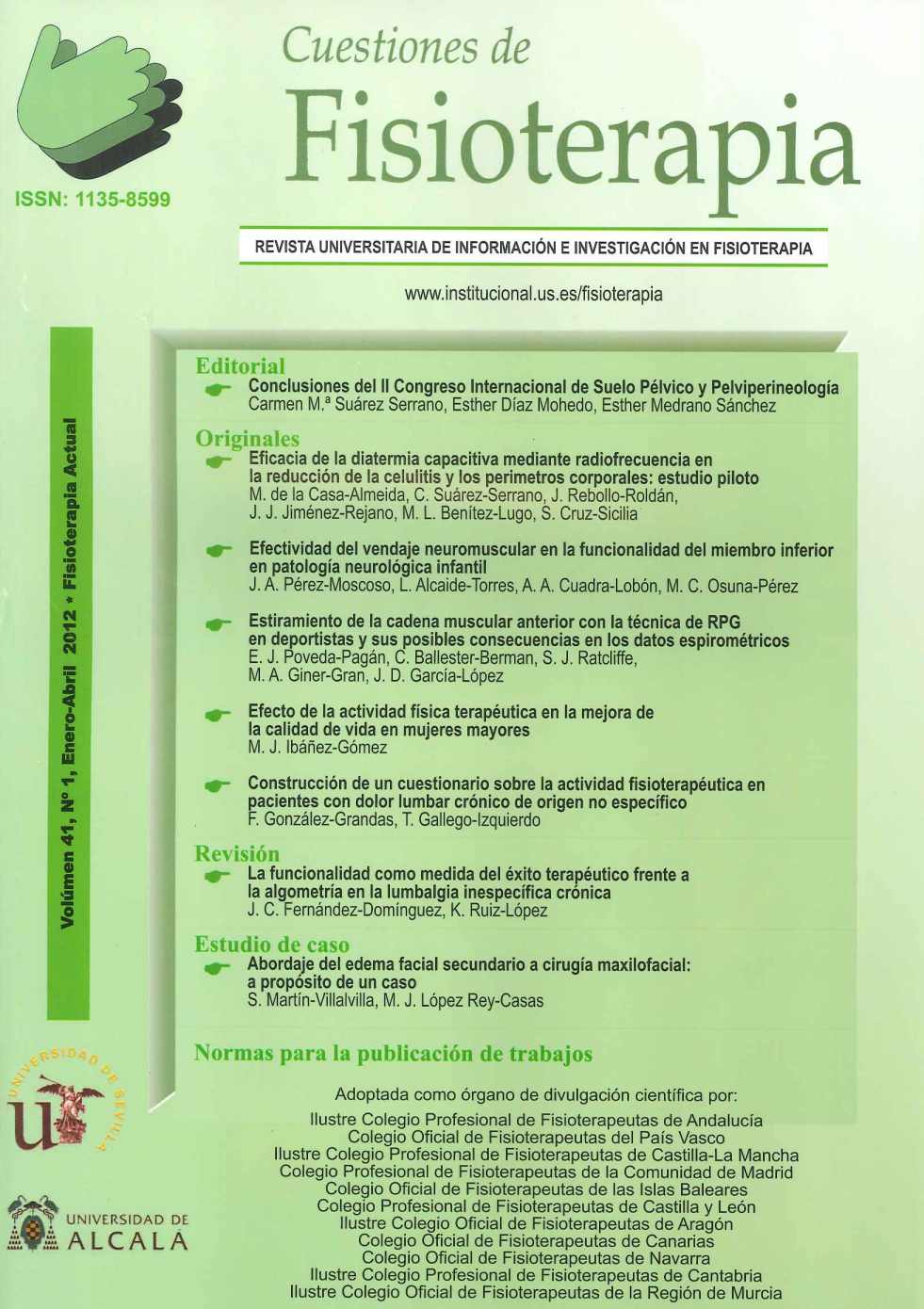Articles
Year 2018, Volume 47, Issue 1
Effect of dolphin therapy on the physiological stress levels of children with neuropsychiatric disability
Abstract
Introduction: this pilot study aims to evaluate the effectiveness of dolphin therapy sessions on children with neuropsychiatric disabilities. The study focuses on the changes produced on a physiological level by dolphin interaction. Objective: to take saliva samples before and after each session to analyze them and measure cortisol levels as an indirect measure of physiological stress. Material and method: dolphin therapy sessions were given to 15 children between 0-18 years of age at the Selwo Marina Malaga in june 2012. They consisted of 3 individual sessions per child. Each session lasted approximately 25 minutes with active participation of a physiotherapist, a trainer, a dolphin, a child and an auxiliary member of the staff. Daily and pre/post - treatment saliva samples were taken to measure cortisol levels (2 samples per day per child). Result: the analysis revealed that cortisol levels decreased from the first day, being statistically significant from the third day. Conclusion: this study reveals that the levels of cortisol decrease after interaction with dolphins and as a result physiological stress is also reduced.
Keywords: animal assisted therapy, cortisol, disability.

